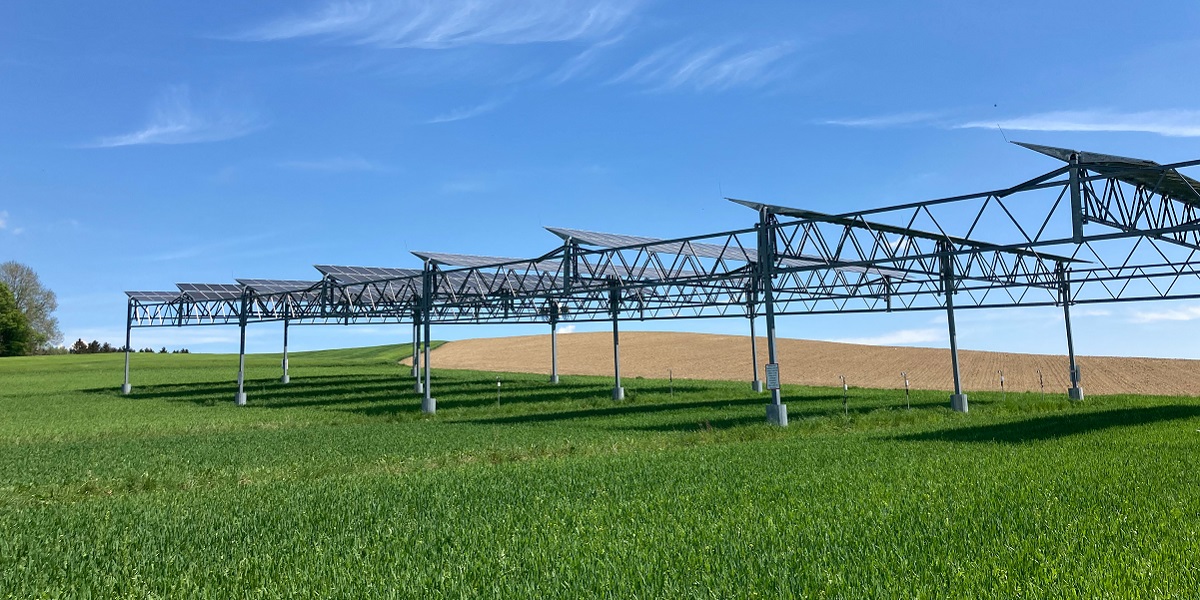From pv magazine Germany
Agrivoltaics can mitigate the effects of drought on plant-based food production, according to a new study. While shading often reduces crop yields when there is sufficient water, it can actually lead to increased yields during dry phases, as plants benefit from less evaporation, according to “How to reconcile renewable energy and agricultural production in a drying world,” which was recently published in Plants, People, Planet.
The stabilising effect of agrivoltaics on crop yields has been deemed promising by researchers, particularly in regions with population growth and pronounced droughts like India or Africa, as well as in Europe, where longer dry periods are expected due to climate change. However, additional research is needed to determine the most suitable plants for different systems.
Current studies indicate that most crops tolerate shading up to 15% without significant yield loss, with berries, fruiting crops, and some vegetables benefiting from shading. Leafy vegetables, tubers, root crops, and certain cereals experience minimal yield reduction.
In addition, investigating plant-based stress signals for real-time control of panel orientation and shading could contribute to the development of intelligent agrivoltaic systems, according to the scientists.
Author: Petra Hannen
This content is protected by copyright and may not be reused. If you want to cooperate with us and would like to reuse some of our content, please contact: editors@pv-magazine.com.








By submitting this form you agree to pv magazine using your data for the purposes of publishing your comment.
Your personal data will only be disclosed or otherwise transmitted to third parties for the purposes of spam filtering or if this is necessary for technical maintenance of the website. Any other transfer to third parties will not take place unless this is justified on the basis of applicable data protection regulations or if pv magazine is legally obliged to do so.
You may revoke this consent at any time with effect for the future, in which case your personal data will be deleted immediately. Otherwise, your data will be deleted if pv magazine has processed your request or the purpose of data storage is fulfilled.
Further information on data privacy can be found in our Data Protection Policy.